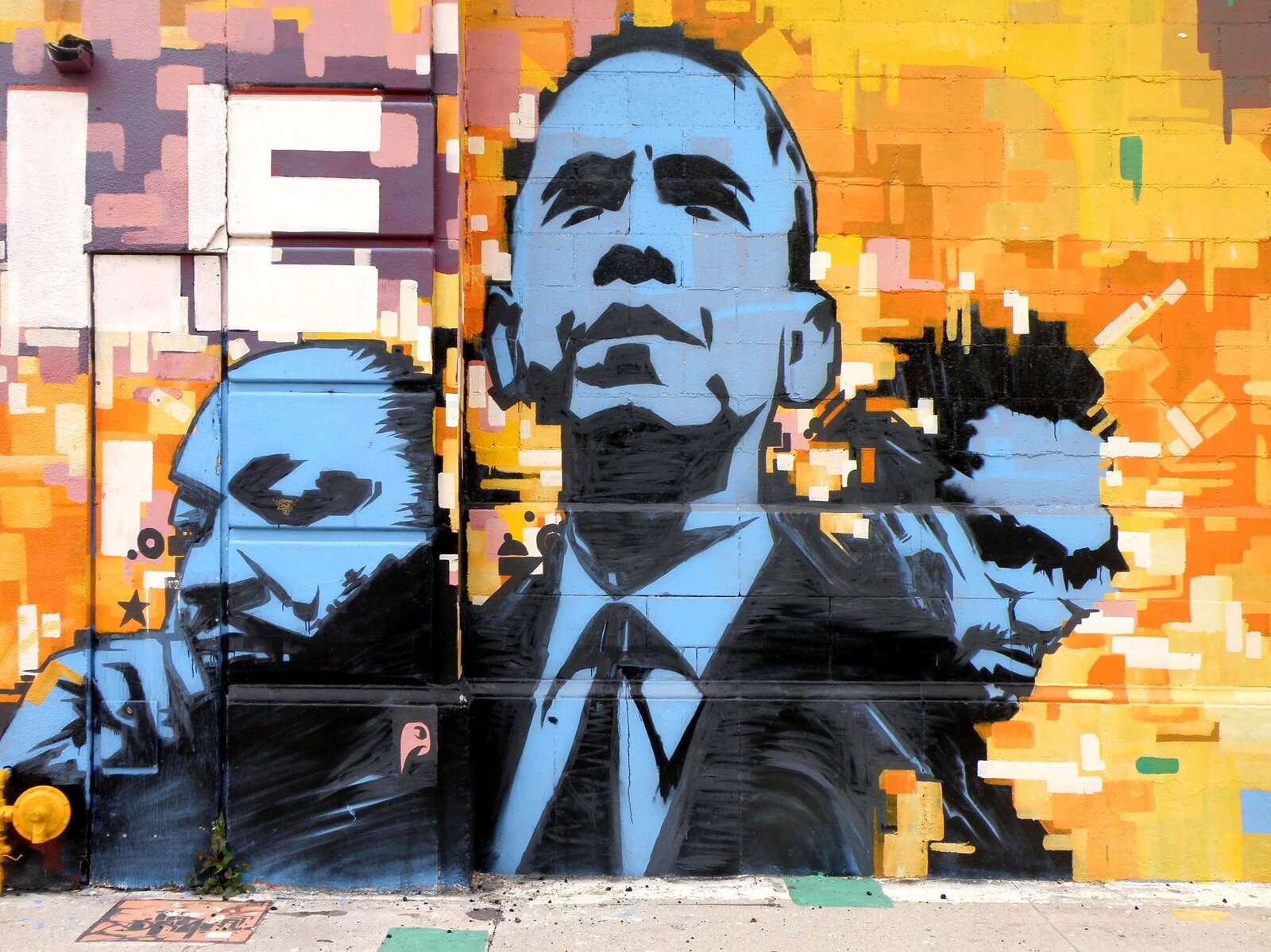Nella Larsen Reconsidered: The Trouble with Desire in Quicksand and PassingPosted in Articles, Literary/Artistic Criticism, Media Archive, United States, Women on 2016-02-26 21:10Z by Steven |
Nella Larsen Reconsidered: The Trouble with Desire in Quicksand and Passing
MELUS: Multi-Ethnic Literature of the United States
Volume 41, Issue 1 (Spring 2016)
pages 165-192
DOI: 10.1093/melus/mlv083
Rafael Walker
Department of English
University of Pennsylvania
This paper challenges the pervasive tendency to treat Larsen’s work as explorations of black women’s lives and examines the distinctly biracial perspective that her fiction attempts to elaborate. I argue that her novels employ narratives of frustrated desire in order to show the impossibility of the racially liminal subject in a society that thinks in black and white. In developing this argument, the essay explains the aesthetic and theoretical implications that ensue from taking this biracial perspective seriously. For instance, it shows how each novel mobilizes a distinct ontology of biracial identity—biraciality as synthesis in one case (Quicksand [1928]) and biraciality as oscillation in the other (Passing [1929]). In its discussion of the aesthetics of Larsen’s fiction, the essay demonstrates how this shift in racial perspective enables us to reassess her endings, which vexed critics in her day and continue to vex readers in ours (including the scholar arguably most responsible for Larsen’s current prominence, Deborah E. McDowell). Aware that aversion to the essentialist “tragic mulatta” trope has been one of the primary impediments to concentrating on biraciality in Larsen’s work, I offer ways of understanding Larsen’s focus on biraciality as more—rather than less—subversive of American racial ideology than previous studies suggest.
Read or purchase the article here.

